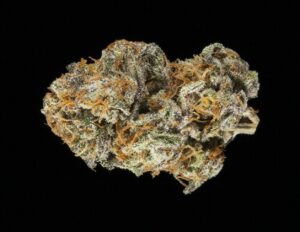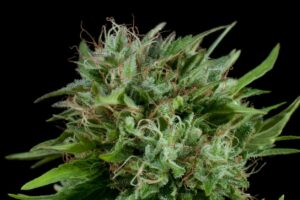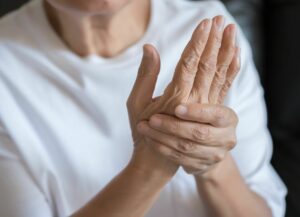Restless Leg Syndrome (RLS) is also known as Willis-Ekbom Disease and sometimes referred to as a periodic limb movement disorder or (PMLS). The key features of RLS include an urge to move extremities, which is relieved with movement or worsened at rest. The symptoms of RLS are usually worse at night and may be associated with a pins and needles sensation. These sensations often cause insomnia and unfortunately can worsen with common sleep aids.
It is important for those who think they have RLS to be evaluated in the office by a health professional since RLS should be differentiated from other movement disorders before treatment. RLS can be worsened by poor sleep, excessive caffeine, treatment of ADHD with stimulant medication, treatment of depression or anxiety with SSRI medication, or iron deficiency. Therefore, the first approach would be to fix or find alternatives for these underlying issues. If symptoms persist despite conservative measures, then dopamine agonist medications like Ropinerole or Pramipexole may be prescribed. These medications are usually well tolerated but do have side effects that you should discuss with your doctor.
Cannabis products are often considered by individuals with RLS who would like to avoid additional pharmaceutical medications. There have not been well-controlled clinical trials evaluating the effectiveness of cannabis products for the treatment of RLS. However, many RLS patients anecdotally report benefits with cannabis. High cannabidiol (CBD) products have been shown to be effective for many neuropathic conditions including seizures and neuropathic pain. Since RLS is a neurologic condition, CBD products may be effective for RLS as well. However, RLS patients may want to consider the use of some THC since it can help with insomnia caused by RLS moreso than CBD alone.
In summary, high CBD products are likely effective for RLS but a combination with some THC can help with insomnia associated with RLS. If you are looking for fast onset of symptom relief then consider an inhaled form. If you are looking for a longer lasting effect with slower onset, then consider a tincture or edible. Always remember to review the risks of cannabis use that comes with your HelloMD recommendation before use. Take your doses “low and slow” to determine what is best for you.
- Yeh P, Walters AS, Tsuang JW. Restless legs syndrome: a comprehensive overview on its epidemiology, risk factors, and treatment. Sleep Breath 2012; 16:987.
- Aurora RN, Kristo DA, Bista SR, et al. The treatment of restless legs syndrome and periodic limb movement disorder in adults–an update for 2012: practice parameters with an evidence-based systematic review and meta-analyses: an American Academy of Sleep Medicine Clinical Practice Guideline. Sleep 2012; 35:1039.
- https://www.omicsgroup.org/journals/review-article-sleep-pain-and-cannabis-2167-0277.1000191.php?aid=40536
- https://rlsfoundation.blogspot.com/2015/10/medical-marijuana-and-rls-by-jacquelyn.html
sankmd
We get this question a lot from our patients, it seems to be a common problem that people have a difficulty finding a remedy for. Marijuana works mainly by acting on multiple cannabinoid receptors in the brain to provide variable psychoactive effects (that is, affecting mental processes) on areas including motor activity, coordination and pain relief by inhibiting prostaglandin biosynthesis and thus blocking pain receptor pathways.
Typically inhaled marijuana (through a marijuana cigarette or vaporizer) works very quickly and effectively. Most RLS sufferers report that after only a few puffs of a marijuana cigarette or a few inhalations of vaporized medical marijuana, even very severe symptoms are relieved within minutes. Therefore, inhaled marijuana works best for RLS symptoms that occur mainly at bedtime.
Our patients have had tremendous results when using edibles and/or flowers that are Indica dominant or CBD. The Indica strains help alleviate the RLS due to the relaxation of the body that is induced while the CBD gives off the same results without any psychoactive side effects. The most commonly used strains for RLS are: Grandaddy Purple (Indica), Grape Ape (Indica) and Key Lime Pie (Indica). The edibles include Hashman Chocolate Bar (Indica), and Auntie Dolores (CBD).
greendoorwest





